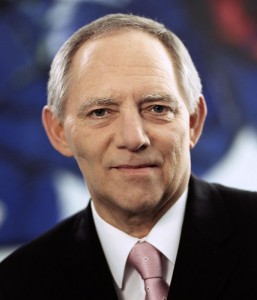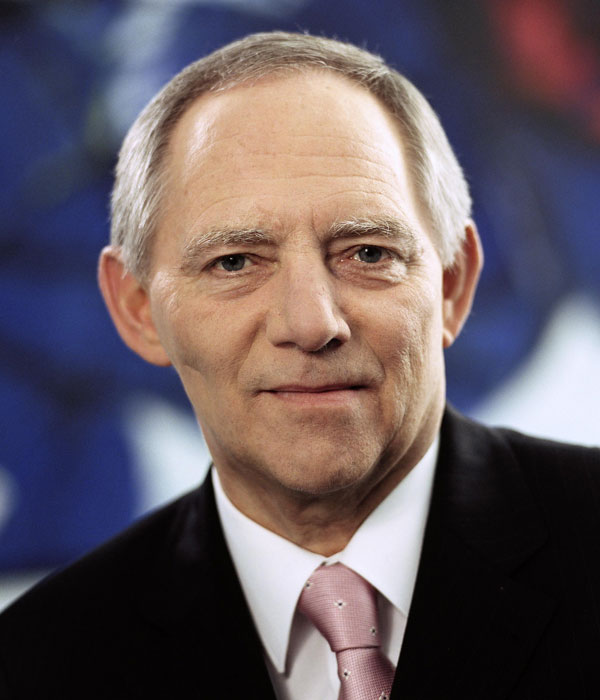
The Issue: Hong Kong Protests
The protests for democracy in Hong Kong are still alive and well. They started about three weeks ago with a student rally, and grew to mass protests for “great democracy” in Hong Kong, according to the Associated Press. Since the protests started, they have grown bigger, and dangerous, and there is no end in sight.
The protestors want fully democratic elections, and were angered that the Chinese government wanted to vet potential candidates for the 2017 polls, the BBC says. There are scheduled talks between the student protestors and the Chinese government in the coming week, but violent protests have erupted. Reuters is calling this the worst political crisis in Hong Kong “since Britain handed the free-wheeling city back to China in 1997(.)”
Now, the BBC reports there have been charges of “outside involvement” in the protests. Hong Kong’s leader, CY Leung, is accusing “external forces” of involvement, and called the protests “out of control, even for the organizers.” However, student organizers and protestors have “denied any outside involvement” in the protests. The BBC also posited that “China could be making allegations of interference to discourage foreign governments from supporting the protests.”
Authorities “have been inconsistent both in handling the students’ call for political reform and in tactics to clear the streets,” the AP reported. None of the sides are sure what will result from the protests, and there doesn’t seem to be any sort of consensus.
The Issue: Europe’s Economy
It’s been about five years since the Great Recession that decimated the financial markets, but there still hasn’t been a full recovery, particularly in Europe.
The leader of the financial sector in Europe is Germany, who was the pioneer of austerity, a policy model of reducing spending and the increase of frugality within a financial sector. Thanks to Germany, many countries in the European Union were bailed out and their economies saved.
Wolfgang Schaeuble, Germany’s finance minister, said the country must “increase its investment to improve competitiveness, but not at the expense of higher debt,” the BBC reports. Those comments came after a horrible market week, which signaled a possible weakening of the German economy.
The weakening of the German economy comes after the German government cut its economic growth forecast from 1.8 percent to 1.2 percent, the BBC said. Along with that news, a health check of Europe’s top banks by the European Central Bank (ECB) found that “in the seven months since it began, the ECB had to shoot down countless pleas from banks and national supervisors for special treatment,” Reuters reports. The health check will also say which of Europe’s 130 biggest banks have “valued their assets properly and which have not, as well as whether banks need more capital to withstand another economic crash,” Reuters said.
